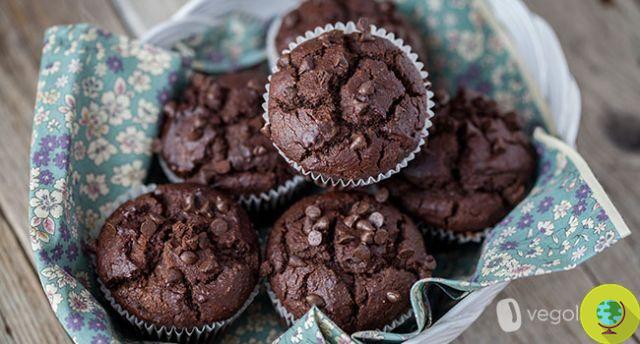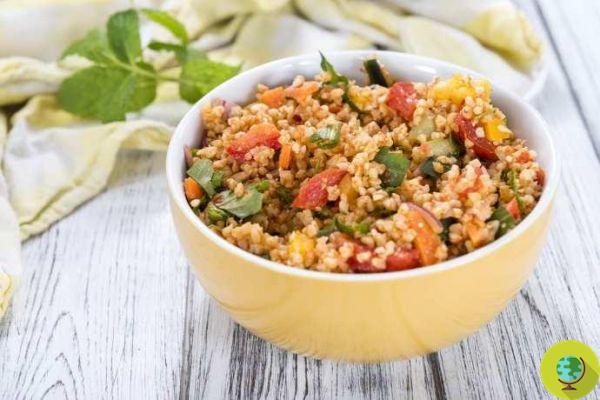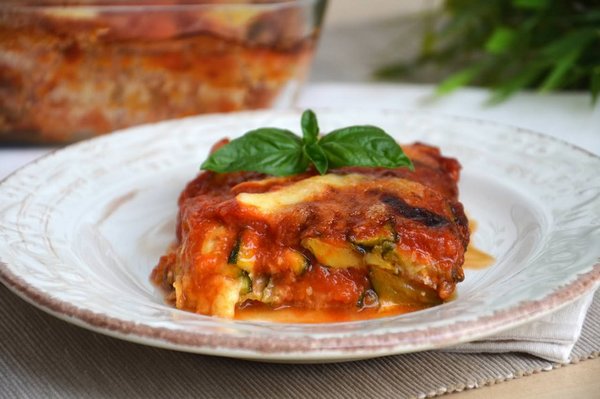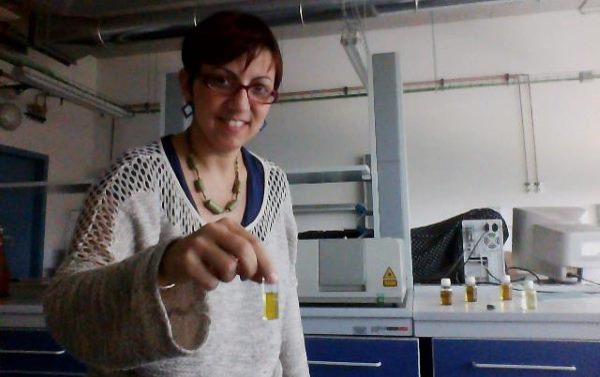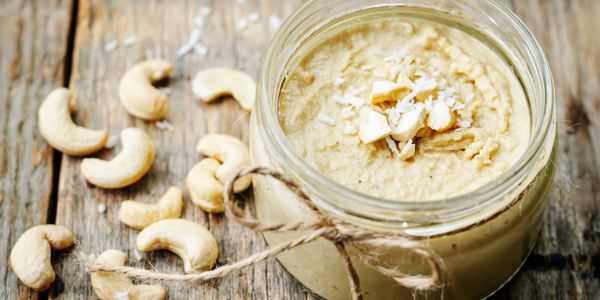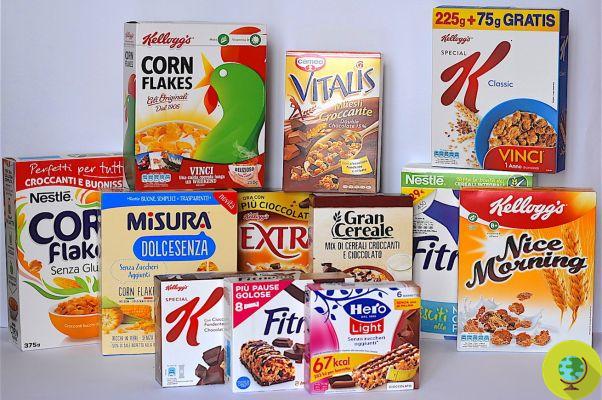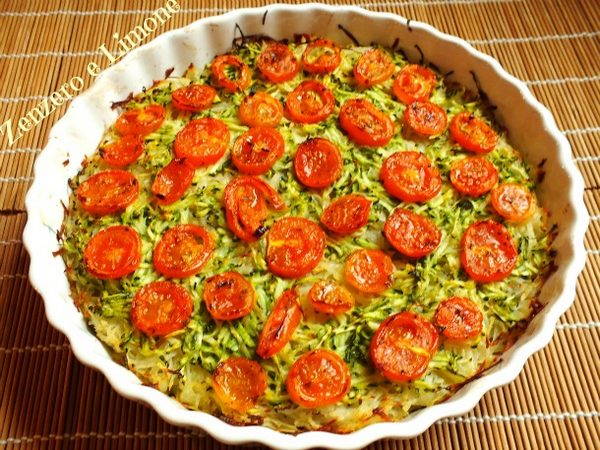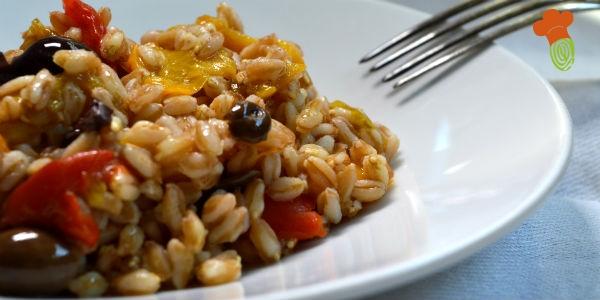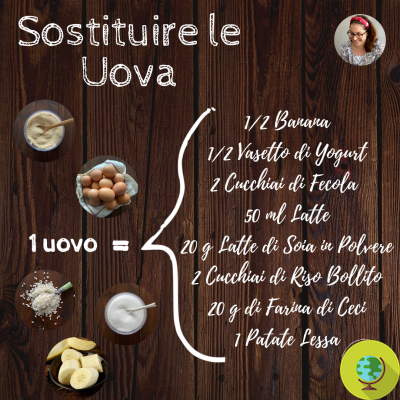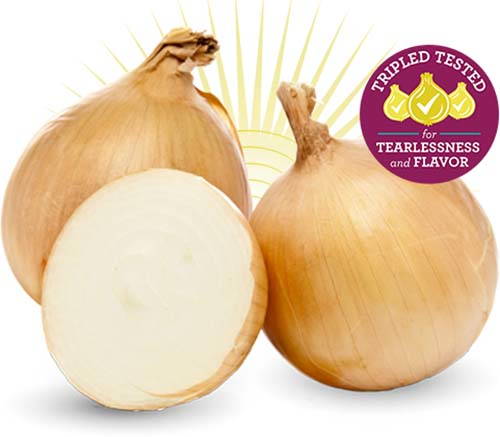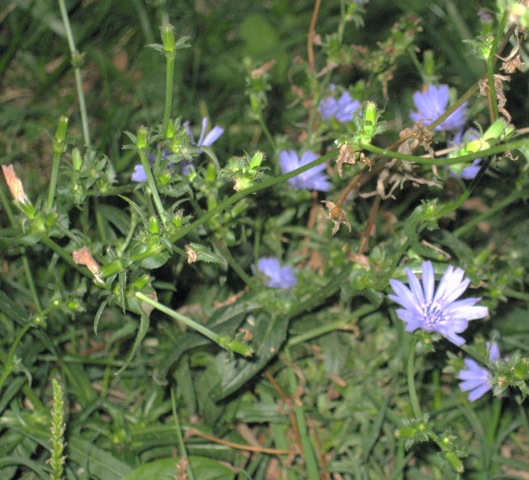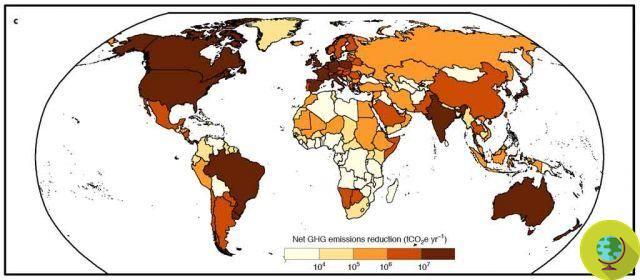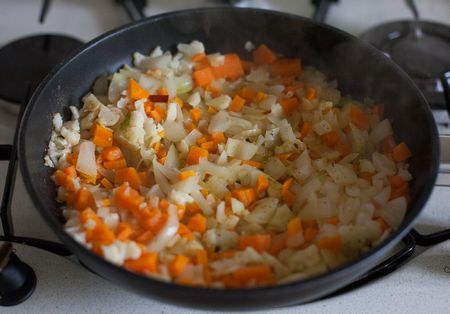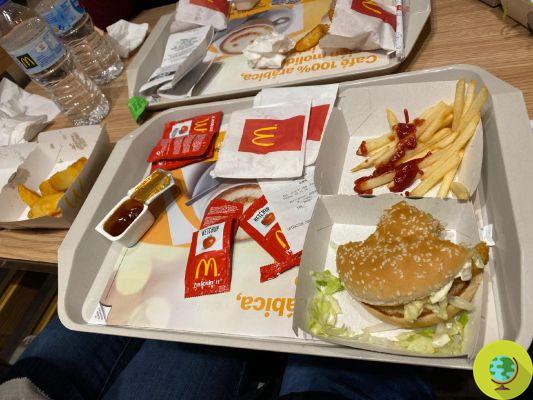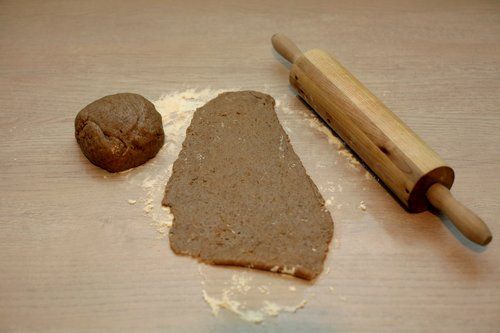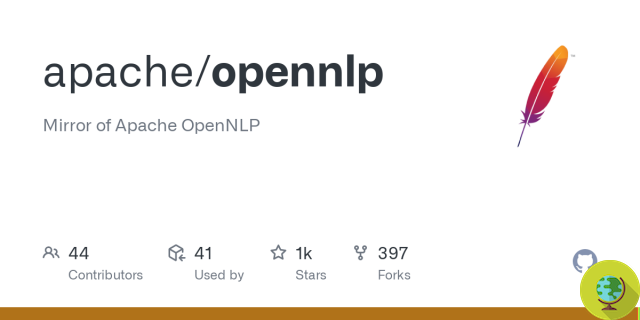
Valuing the meat we eat. This is, in summary, the proposal of the report on meat consumption published by the Food Ethics Council, an independent organization committed to healthier and more sustainable food production, and by the British WWF. The “Prime cuts- Valuing the meat we eat” dossier could be useful for the health of people and the environment and for producers and consumers themselves.
Don't store avocado like this: it's dangerous
Valuing the meat we eat. In summary, this is the proposal for a new, full-bodied and innovative report on meat consumption published by the Food Ethics Council, an organization committed to healthier and more sustainable food production, and from the British WWF.
The dossier “Prime cuts- Valuing the meat we eat” could be useful for the health of people and the environment and for producers and consumers themselves. Because high meat consumption is associated with a number of factors related to major challenges to the global food system, including climate change, obesity, water scarcity, land use, poverty and inequality.
That said, the report explains, it is not enough to spread the message of the “Eat less meat”, as, for example, the “demetarians” do: it is controversial and too simplistic. The winning approach, on the other hand, should be "Less but better", perhaps the most useful thing to do in general, if you just can't completely eliminate this food from your diet. And the Food Ethics Council and WWF report is a first step in defining what this message could be.
"Valuing the meat we eat" suggests, in fact, that talking about "less but better" allows people to consider many other aspects of meat production and consumption, including animal welfare, biodiversity, farmers' profitability, taste, waste and wider health problems. The proposal, which comes from one of the countries at the center of the recent food scandals, Great Britain, includes the reduction of red and preserved meat, preferring, instead, organic meats and animals fed on grass or forage.
This, according to the report, will reduce intensive farming, improving the quality of life of the animals and farmers themselves, as well as reducing the environmental impact and recovering resources for human nutrition. The fight against waste is also fundamental, caused above all by the habit of buying only the most precious skulls. For this, suggests the WWF, it is necessary start research to assess market barriers to "less but better".
“While the term 'best' isn't easy to define, the report shows that society needs to value the food we eat, especially meat, much more than us. This ultimately means paying more to reflect social and environmental costs, while producers will be rewarded for preserving the environment, ”explains WWF-UK's Mark Driscoll. We know there are good, very good reasons for it reduce or eliminate our meat consumption altogether, but not everyone is ready and well informed.
And since our choices about what we eat have a huge impact, not only on our health, but also on that of other people, animals, the planet and future generations, start with better select the food we buy, including meat, it's a good way to start becoming a critical consumer and “value the food we eat”, not just meat.
To download the dossier click here
Roberta Ragni
Read also:
- It is urgent to halve meat consumption: Unep invites us to become "demitarian"
- The true costs of meat production. From LAV 10 ways not to consume the world
- Vegetarians by force: goodbye to meat by 2050
- Red meat is a serious health hazard





